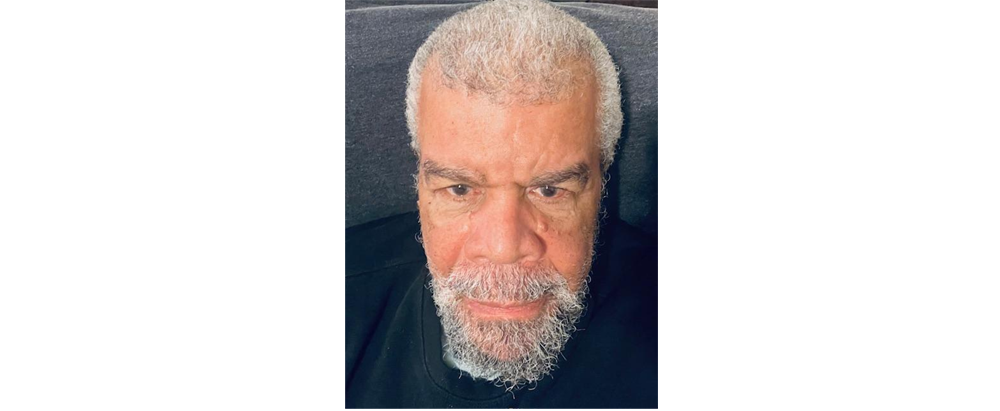Tuesday, July 16, 2024
There is this series on PBS (Public Broadcasting Service), about a veterinarian who wrote of his experiences in 1940s England, in Yorkshire, to be more specific. The stories are humorous and very family-friendly and heartwarming. I wish there were access to this station in the Jewel; maybe there is, but I’m not sure. But the way animals were treated and loved and cared for, as though they were members of the family, is a big part of why the books and the series, with the above name, have been so popular worldwide. If a cow or a horse or dog or bird or sheep or goat was sick, or acting out of character, the vet would be called, day or night, no matter the hour. The vet was there for the birth of every animal, and usually assisted in the event.
This series made me go back to my childhood, when I’d go to Crooked Tree for summer vacations. I’m talking about when I was between 7 and about 12-years old. There were a lot of cattle in that village, and still more horses yet! These animals would be branded and taken to the savannah to graze and grow, on their own. The only time they were in the village was when it was time for a calf to be born, or for a bull to be slaughtered. So, all these farmers and ranchers had a cow pen on their properties. The pens contained grass and water and a block of salt, and only the pregnant cows would be in there. After the calf was born, with the help of the farmer or his wife, usually, it would be kept in the pen with its mother until it was fully developed. Then it would be branded and along with its mother, let loose into the savanna to feed and grow, a continuous cycle. Horses weren’t as well tended to, but survived nonetheless. The trust these people shared with each other amazes me today; there was no rustling back then. These were simple but honorable people.
My grandparents had enough cattle and horses, but some of their relatives had much more and were considered rich, I guess. But what none of them had was a vet. They were all vets; they knew instinctively when something was wrong with an animal, and what to do to take care of the malady, whatever it was! They delivered thousands of calves and colts, no problema. What a ting!
Of course, I looked forward to going to the cow pen early in the mornings to milk the cows. You would have a bucket and a stool, and after you mastered the art of milking, you were on your way. I loved to help, or to go on horseback with my uncles to search for stray cattle. They taught me to rope (lasso) a cow or a horse, just like the cowboys. But there were no vets!
Whenever I watch an episode of this great series, I go back to my childhood, and my respect and admiration for those humble folks in Crooked Tree grows—for their resilience and determination to make a living with one hand tied behind their backs, succeeding, and mostly prospering, without technology or a vet! What a ting, indeed!
“The curfew tolls the knell of parting day,
The lowing herd wind slowly o’er the lea.
The plowman homeward plots his weary way,
And leaves the world to darkness and to me.” — Thomas Grey
Glen

